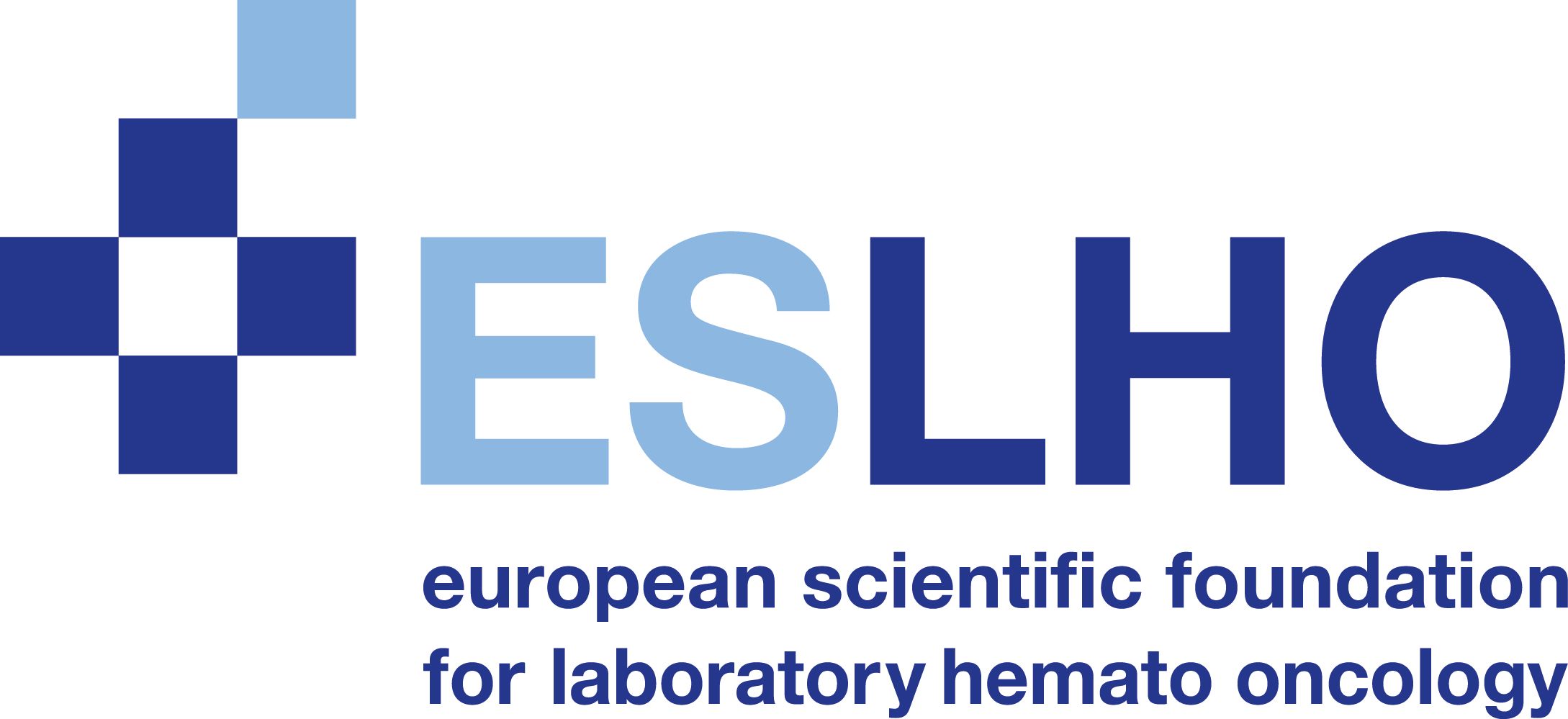About the EuroClonality-NGS Working Group
The EuroClonality-NGS Working Group has been formed with the primary purpose of researching and setting standards in IG/TR NGS methodology and its applications in hemato-oncology, hematology and immunology. The Working Group consists of approximately 20 diagnostic research groups. Several of these groups are original EuroClonality laboratories that are experienced in the design of assays for detection of IG/TR rearrangements, supplemented by laboratories with an expertise in MRD measurement by IG/TR gene analysis, IG/TR repertoire studies, immune-informatics and bioinformatics. A number of the laboratories are members of other European networks, namely EuroMRD and European Research Initiative on CLL (ERIC).
Objectives of EuroClonality-NGS
The main objectives of EuroClonality-NGS, being a scientifically independent Working Group, are to develop, standardize, and validate IG/TR NGS assays for clonality assessment, MRD analysis and repertoire analysis (see Workpackages page).
Assay development
Even though several of such assays have already been published, there is still place for further optimization in assay design and development with the aim of ensuring better coverage of all genes and also evaluating other types of rearrangements (partial IGHD-IGHJ rearrangements, IGK locus rearrangements including those involving the kappa-deleting element, IG and TR translocations, etc.).
Assay standardization
Irrespective whether existing or novel assays are employed, one of the most important aspects in the implementation of NGS in routine practice concerns standardization, which pertains not only to the analytical phase but also to the pre-analytical phase (e.g. sample preparation, choice of target) and the post-analytical phase (e.g. bioinformatics pipeline, clinical interpretation).
Assay validation
Finally, a very important aim of the EuroClonality-NGS Working Group is to validate the technology via large-scale, multi-laboratory testing of clinical samples and in the context of clinical trials. By using a similar approach as previously followed in the BIOMED-2/EuroClonality program, this should provide robust tools and methodology which will allow to exploit the full potential of this powerful new technology in clinical practice.
EuroClonality-NGS as generic model structure
The NGS technology has general requirements on standardization and clinical validation, irrespective whether it concerns the field of hematological malignancies, oncology, genetics, infectious diseases or any other area of medicine. Therefore, even though EuroClonality-NGS is focusing on IG/TR genes, it will strive to make the structure and overall scheme generic enough and available as a model for other consortia that aim to implement NGS technologies in routine clinical diagnostics in other fields of medicine.
Membership and collaboration
The EuroClonality-NGS Working Group is not a society with open membership. Via our website, through publications, and through presentations at international meetings, we will keep those interested informed about the results of our work.
For collaboration please contact us.

The EuroClonality-NGS Working Group is a part of EuroClonality. EuroClonality is supported by ESLHO (European Scientific foundation for Laboratory Hemato-Oncology). The other foundations associated with ESLHO are EuroFlow and EuroMRD.

ESLHO is an official EHA Specialized Working Group (SWG). SWGs seek to initiate and create scientific networks that serve under the umbrella of EHA. At the annual EHA Congress, ESLHO presents its innovations in the special EHA-SWG sessions.
